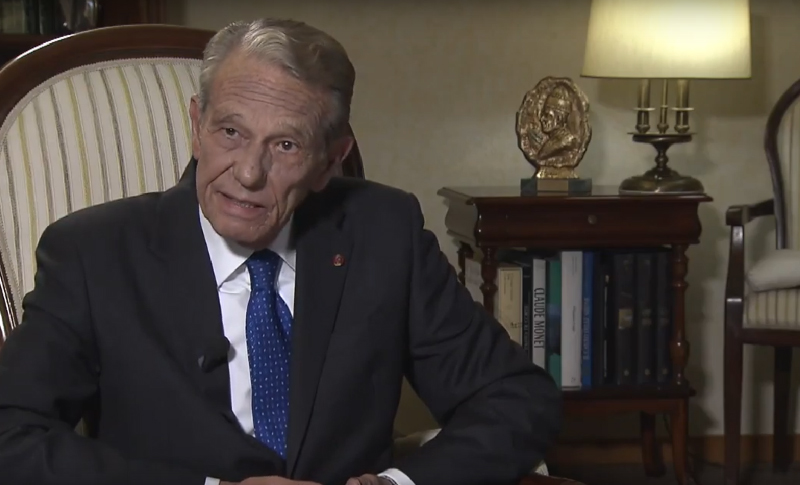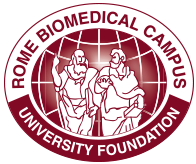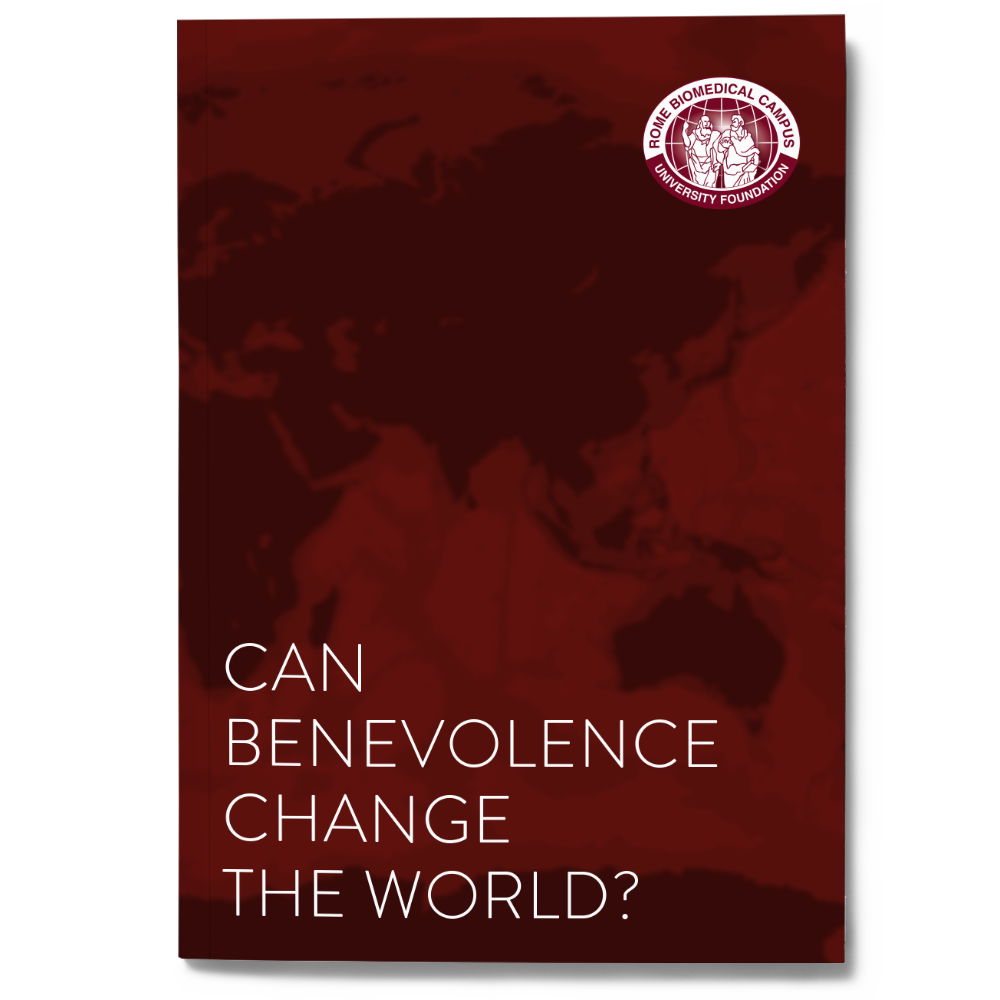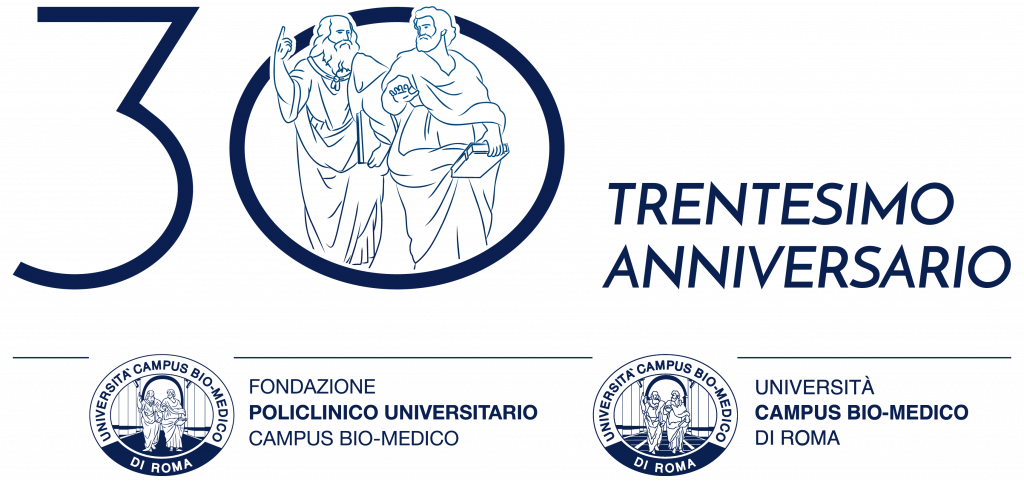can benevolence change the world?
Some fundamental questions are at the core of our project, not only questions about how and what to donate, but above all why to donate: what are the deep motivations that push people to carry out authentic gestures of donation, acts of generosity only for the good of other individuals and of society. These questions led the Biomedical University Foundation to organize a thematic Workshop, trying to explore the theme of Philanthropy with a specific thematic focus on “Benevolence”.
We aim to make Benevolence a strength and a topic of cultural elaboration, a central pillar to support over time the growth of Campus Bio-Medico University of Rome and its University Hospital in the various components of assistance, teaching and research. It has become clear from the international context that the existence of an endowment fund is fundamental to support private institutions such as Campus Bio-Medico University in order to ensure the protection of its mission focused on innovation, cutting-edge research, and patient-centric healthcare focused on personal dignity.
We firmly believing that a discussion on benevolence needs to be stimulated because it guarantees growth in the future, the Biomedical University Foundation has gathered various intellectual and professional figures to concretely widen the promotion and management of philanthropic initiatives in a broader context.
The workshop “Can Benevolence Change the World?” originated in this context.
Held on 5 July 2018 at Palazzo Altieri, Rome, it was attended by over 60 participants from the world of finance, culture, institutions, Italian and international entrepreneurship.

Benevolence according to Joaquín Navarro-Valls
According to Greek philosophers benevolence is essentially a practical virtue. Differentiating it from friendship, Aristotle defines benevolence as “wanting the good of the friend for himself”. By virtue of being the intimate gratuitousness that characterizes it, the benevolence considered an attribute in medieval reflection will be properly divine, to which man can strive or aspire to promote the growth of the other and of society.
Contemporary reflection emphasizes the breadth of the notion of benevolence, which becomes an object of interest on the part of sociologists, economists and psychologists. Some highlight the utilitarian root of benevolence, concluding that helping others is intimately connected with personal happiness, others underline the original gratuitousness of benevolence as a willingness to perform acts that selflessly promote the good of another.
The widespread diffusion of the gift culture has produced an increase in public and private donations, especially in the USA, with great benefit for medical and health research. In Europe, the culture of giving is growing, and is beginning to establish itself as a significant reality, especially in some countries such as the UK, Sweden, the Netherlands, Switzerland.
Donations in the field of medical and health research have led to some of the most important discoveries of the last century, including penicillin, insulin, the polio vaccine, kidney transplants and today they support much of the research against cancer.
According to Greek philosophers benevolence is essentially a practical virtue. Differentiating it from friendship, Aristotle defines benevolence as “wanting the good of the friend for himself”. By virtue of being the intimate gratuitousness that characterizes it, the benevolence considered an attribute in medieval reflection will be properly divine, to which man can strive or aspire to promote the growth of the other and of society.
Contemporary reflection emphasizes the breadth of the notion of benevolence, which becomes an object of interest on the part of sociologists, economists and psychologists. Some highlight the utilitarian root of benevolence, concluding that helping others is intimately connected with personal happiness, others underline the original gratuitousness of benevolence as a willingness to perform acts that selflessly promote the good of another.
The widespread diffusion of the gift culture has produced an increase in public and private donations, especially in the USA, with great benefit for medical and health research. In Europe, the culture of giving is growing, and is beginning to establish itself as a significant reality, especially in some countries such as the UK, Sweden, the Netherlands, Switzerland.
Donations in the field of medical and health research have led to some of the most important discoveries of the last century, including penicillin, insulin, the polio vaccine, kidney transplants and today they support much of the research against cancer.





